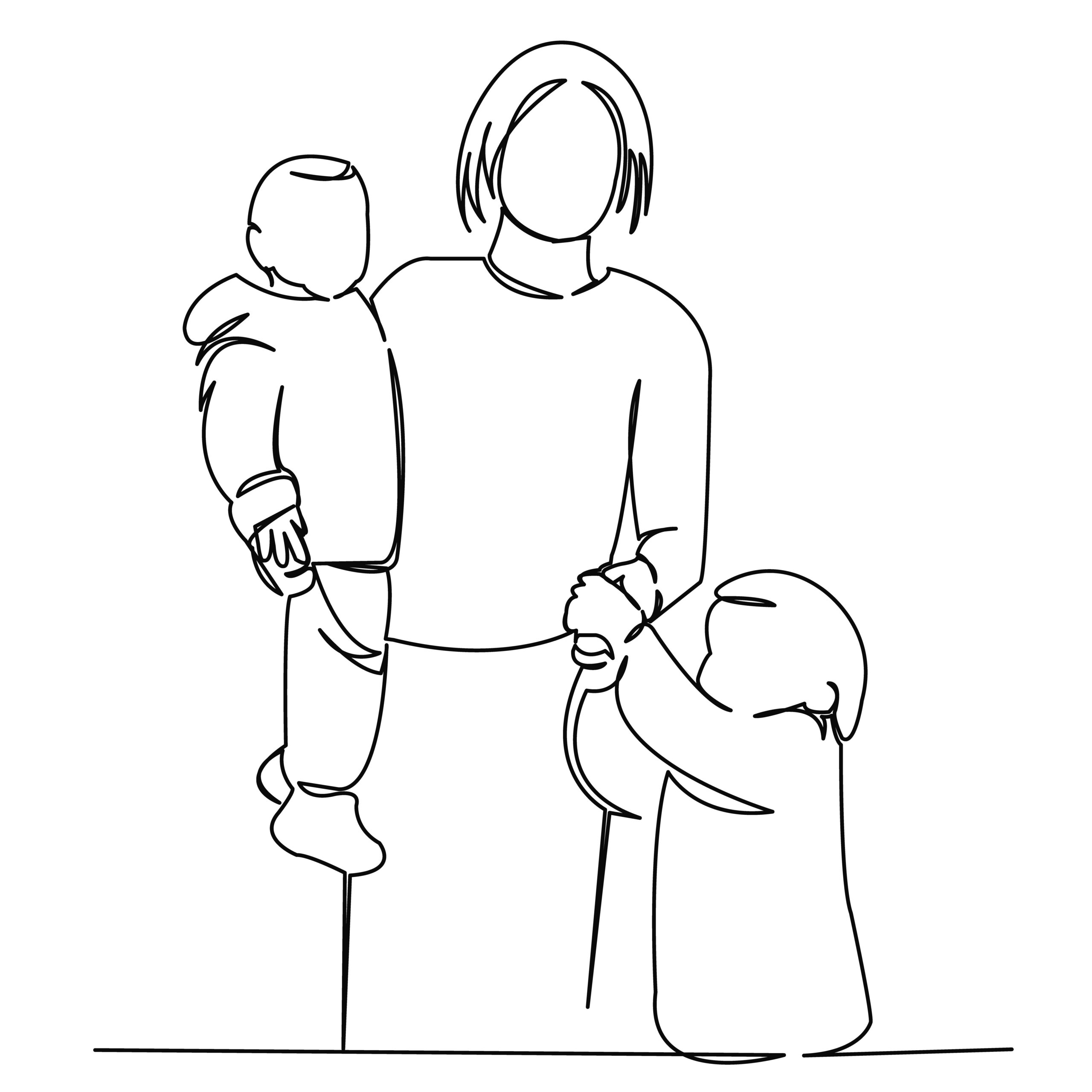Welcome to Our Research Archive
Search and filter by content type, issue area, author, and keyword
- ✕ Clear Filter
- Angela Rachidi (5)
- Beth Akers (1)
- Bruce D. Meyer (1)
- Daniel A. Cox (1)
- Ian Rowe (1)
- James Pethokoukis (2)
- Kevin Corinth (5)
- Matt Weidinger (5)
- Michael R. Strain (1)
- Ramesh Ponnuru (1)
- Richard Burkhauser (1)
- Robert Doar (3)
- Ross Douthat (1)
- Ryan Streeter (1)
- Scott Winship (17)
- Timothy P. Carney (1)
- W. Bradford Wilcox (2)
- Yuval Levin (2)

January 30, 2024
How Sensitive Are Single Mothers’ Work Decisions to a Change in Incentives? Correcting Misperceptions of the Evidence
…see Winship (2022), p. 5 Chetty et al. (2013) 0.3-0.4 0.4-0.7 Y reported: Table 1; reanalyses of Eissa & Liebman and Meyer & Rosenbaum (below); single mothers revised: see Winship…

January 29, 2024
Per-Child Benefit in Wyden-Smith Child Tax Credit Bill Would Discourage Full-Time Work for Families with Multiple Children
The Wyden-Smith proposed tax legislation would make four changes to the Child Tax Credit (CTC). First, it would increase the cap on the refundable portion of the CTC, eventually to the same…

January 19, 2024
The Work Incentive and Employment Effects of Eliminating the Child Tax Credit’s Annual Income Requirement
Abstract Senior House and Senate tax committee leaders agreed to a framework for modifying the Child Tax Credit on January 16, 2024. The most consequential reform would eliminate the Child…

December 12, 2023
Underserved: A Conversation with Ja’Ron Smith and Chris Pilkerton
Event Summary On December 12, AEI’s Scott Winship and former Trump administration officials Ja’Ron Smith and Chris Pilkerton discussed how policymakers can improve the lives of people in underserved communities…

December 11, 2023
Has Inequality Made Americans Poorer than Bulgarians, Russians, and Filipinos?
A recent column by John Burn-Murdoch in the Financial Times presents statistics side-by-side showing that “the wealthiest Americans are the richest people in the developed world, but America’s poorest are…

December 4, 2023
A Pro-Market and Pro-Social Economy
…understanding of the fundamentally social nature of market economics, as Gregg explained in his recent appearance on our Hardly Working podcast, is heavily indebted to the Scottish Enlightenment and one of its chief protagonists, Adam Smith. According to Gregg, the Smithian tradition…

November 14, 2023
Did Child Poverty Really Increase Last Year?
In 2021, Democrats succeeded in temporarily expanding the child tax credit (CTC) as part of President Biden’s American Rescue Plan. Previously, the maximum CTC of $2,000 per child was available only…

November 13, 2023
Family’s Place in America’s Social Fabric
The family is arguably the most basic building block of community life.[i] But even as Americans continue to say their own families are centrally important in their lives[ii], family life…

October 31, 2023
It Takes Two
…spectrum should consider it one of the defining challenges of our time. Scott Winship is a senior fellow and the director of the Center on Opportunity and Social Mobility at…

October 20, 2023
Value Needs to be the Next Buzzword in Higher Education
…with an eye to protecting people’s privacy. During lunch, Scott Pulsipher, president of Western Governors University (WGU), spoke about how WGU seeks to maximize the value of their programs, and…